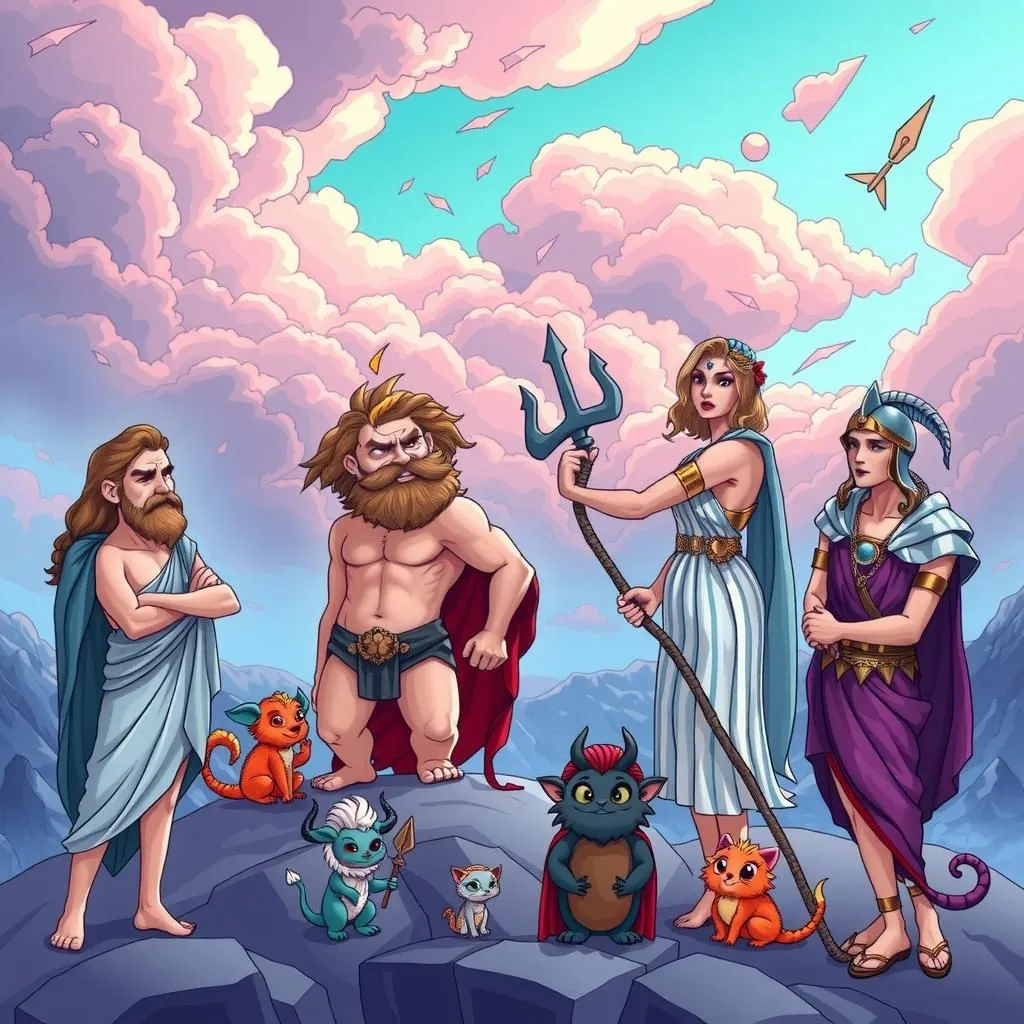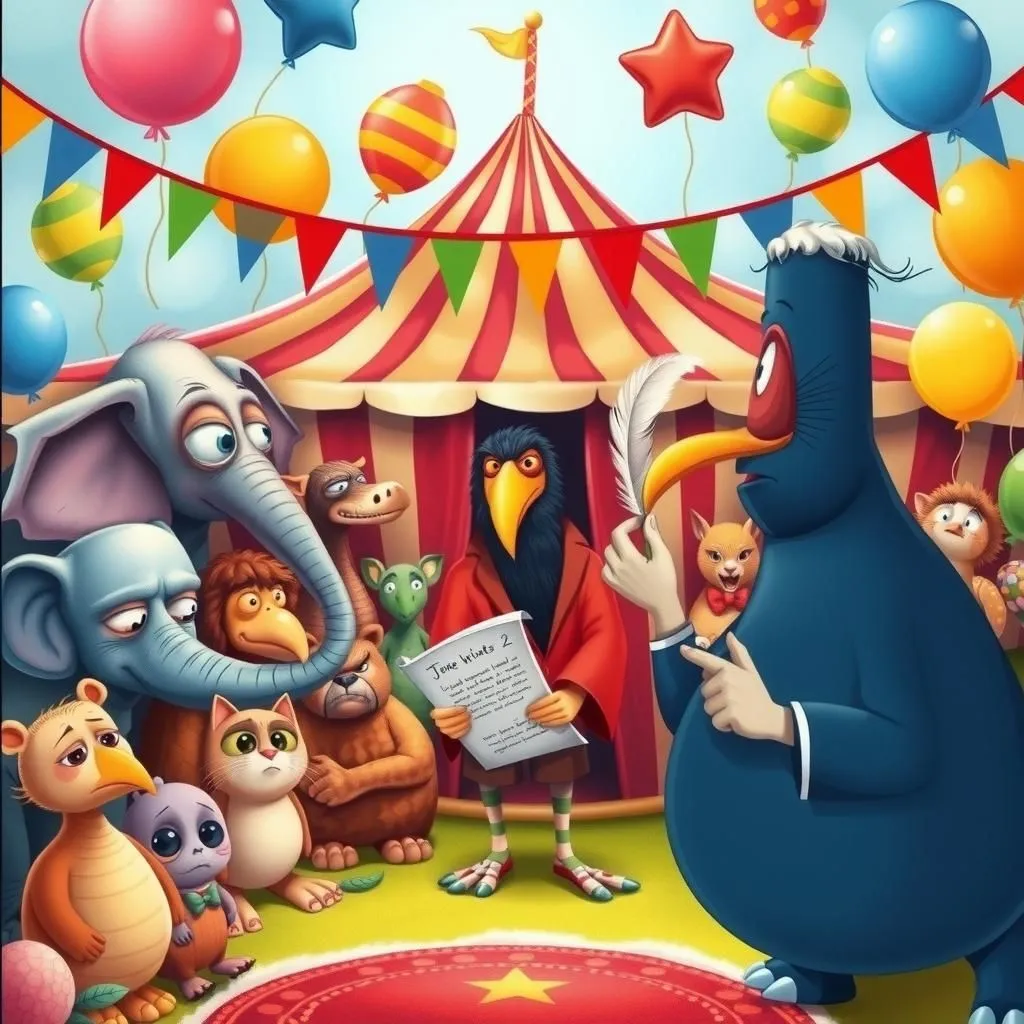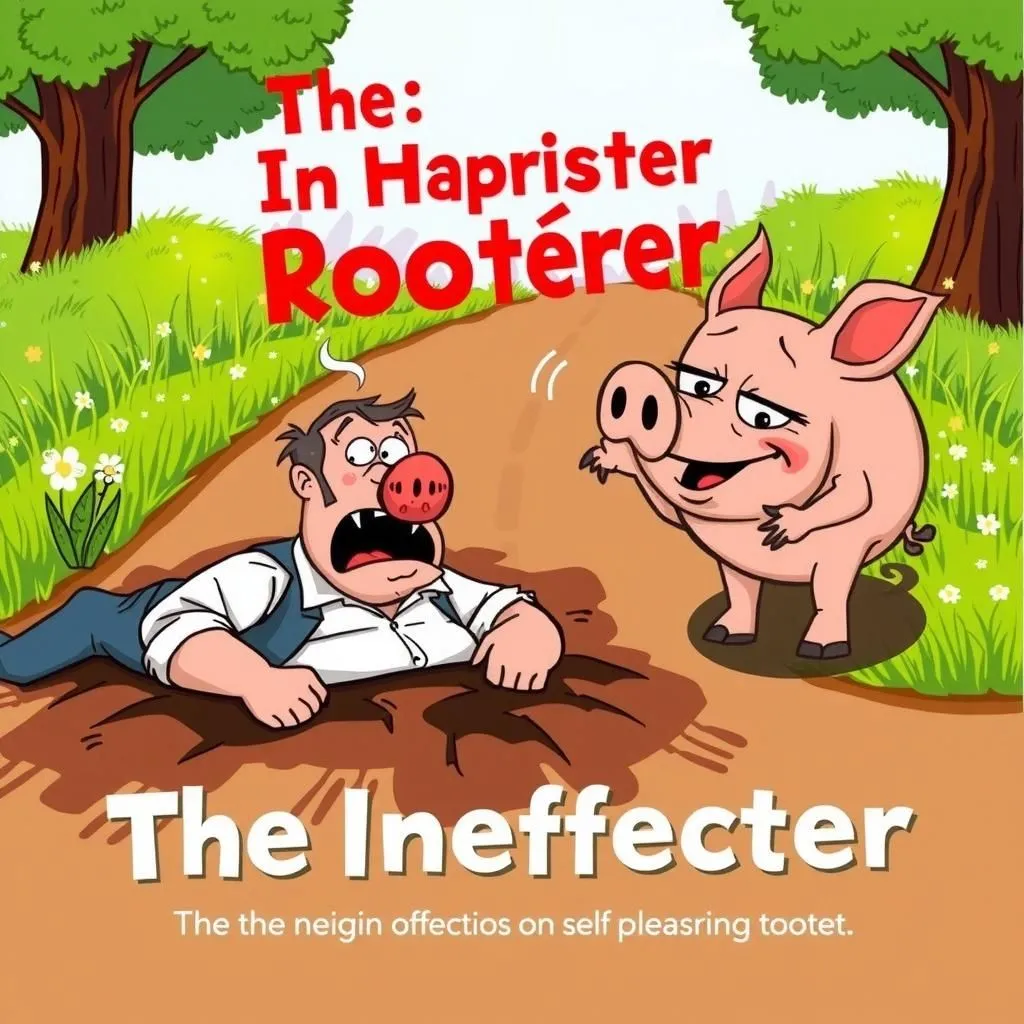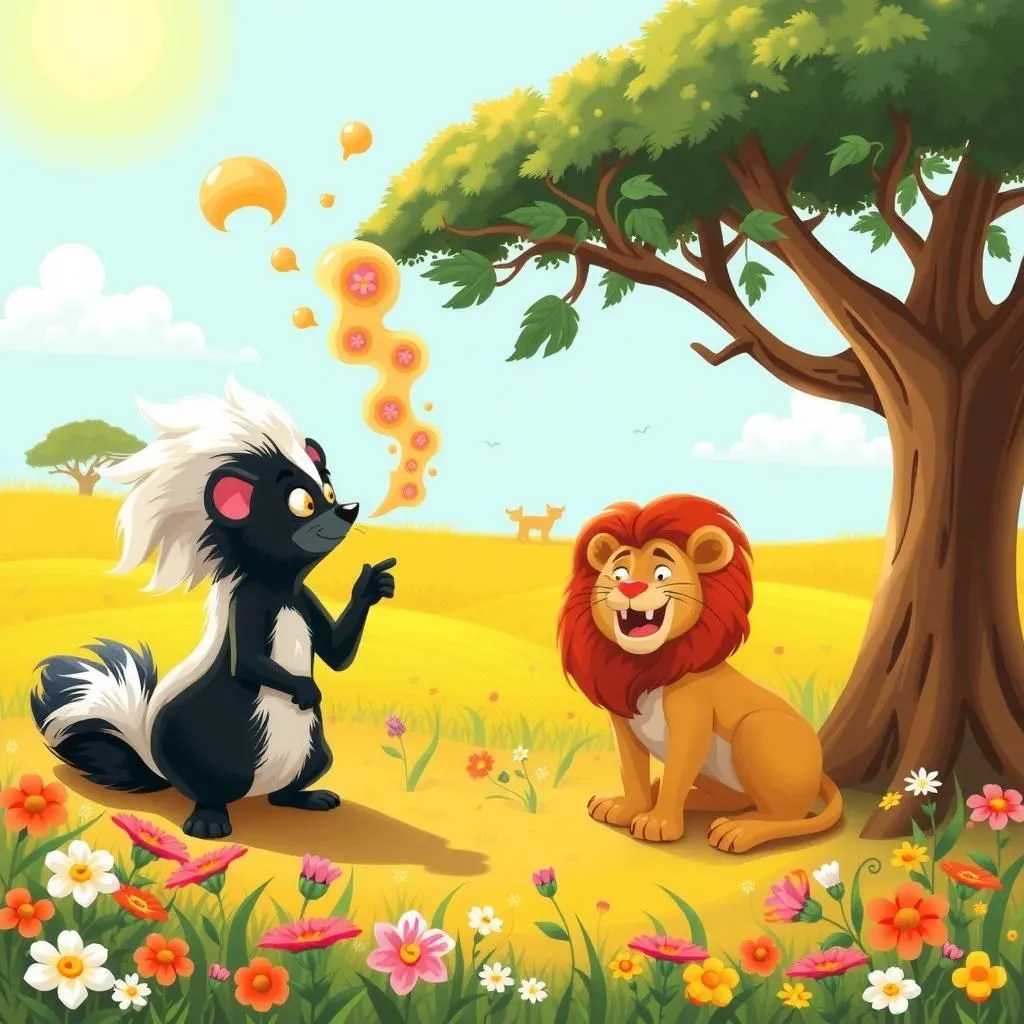
Jupiter Neptune Minerva and Momus
In an ancient legend, Jupiter, Neptune, and Minerva each create significant entities—man, bull, and house—and dispute over whose creation is the most perfect. They appoint Momus as a judge, but his incessant faultfinding leads to humorous critiques of each creation, prompting Jupiter's indignation and Momus's expulsion from Olympus. This funny story offers an uplifting moral about the pitfalls of constant criticism, making it a delightful addition to bedtime moral stories and simple moral tales.


